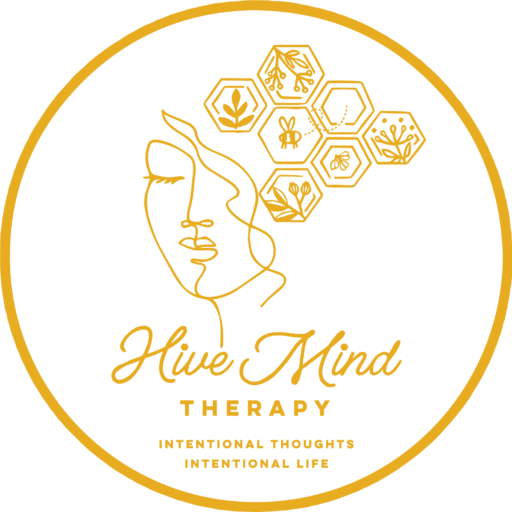In the realm of personal growth and healing, the concept of inner child work has gained significant attention. This therapeutic approach delves into the exploration and healing of past wounds, often stemming from childhood experiences. In this blog post, we’ll dive into what inner child work entails, why individuals choose to engage in it, and its effectiveness in fostering emotional healing and personal development.
Understanding Inner Child Work
At its core, inner child work is based on the idea that each of us carries within ourselves an “inner child” – the emotional residue of our childhood experiences, both positive and negative. This inner child represents the sum of our early experiences, beliefs, emotions, and needs that continue to influence our thoughts, behaviors, and relationships in adulthood.
Inner child work involves revisiting and exploring these formative experiences, often through techniques such as visualization, journaling, dialogue, and creative expression. By reconnecting with and nurturing our inner child, we aim to heal past wounds, address unmet needs, and cultivate greater self-awareness and self-compassion.
Why Engage in Inner Child Work?
- Healing Past Wounds: Many of us carry unresolved emotional pain from childhood, whether it’s due to trauma, neglect, or other adverse experiences. Inner child work provides a safe space to acknowledge and process these wounds, fostering healing and emotional integration.
- Understanding Patterns and Behaviors: Our early experiences shape the way we perceive ourselves and relate to others. Exploring our inner child allows us to uncover underlying patterns and beliefs that may be holding us back or causing distress in our lives.
- Reconnecting with Authenticity: As we navigate through life, we often develop layers of protective mechanisms and adaptations. Inner child work offers an opportunity to peel back these layers and reconnect with our authentic selves – our core needs, desires, and emotions.
- Enhancing Self-Compassion: By extending compassion and understanding to our inner child, we learn to treat ourselves with greater kindness and empathy. This practice of self-compassion is crucial for building resilience and fostering emotional well-being.
Is Inner Child Work Effective?
The effectiveness of inner child work varies from person to person, depending on factors such as individual readiness, willingness to engage in the process, and the skill of the therapist or facilitator. However, many individuals report significant benefits from incorporating inner child work into their therapeutic journey, including:
- Emotional Healing: Through inner child work, individuals often experience profound emotional healing and resolution of past traumas. By confronting and processing buried emotions, they can release pent-up grief, anger, or fear, leading to greater emotional freedom and resilience.
- Improved Relationships: As individuals gain insight into their inner dynamics and relational patterns, they can develop healthier and more authentic connections with others. By addressing unresolved issues from the past, they may also find relief from relationship conflicts and interpersonal struggles.
- Greater Self-Awareness: Engaging in inner child work fosters deep self-reflection and self-awareness. By uncovering the root causes of their thoughts and behaviors, individuals can make conscious choices aligned with their true desires and values.
- Liberation from Limiting Beliefs: Many limiting beliefs and self-sabotaging behaviors originate from childhood experiences. Inner child work empowers individuals to challenge these beliefs, cultivate self-compassion, and rewrite their narratives, paving the way for personal growth and fulfillment.
In Conclusion
Inner child work is a powerful therapeutic tool for healing past wounds, fostering self-discovery, and promoting emotional well-being. While it may require courage and vulnerability to embark on this journey, the potential benefits – including emotional healing, improved relationships, and greater self-awareness – make it a worthwhile endeavor for those seeking deeper personal growth and transformation. Whether through self-guided practices or with the support of a therapist, embracing and nurturing our inner child can lead to profound healing and a more authentic, fulfilling life journey.

